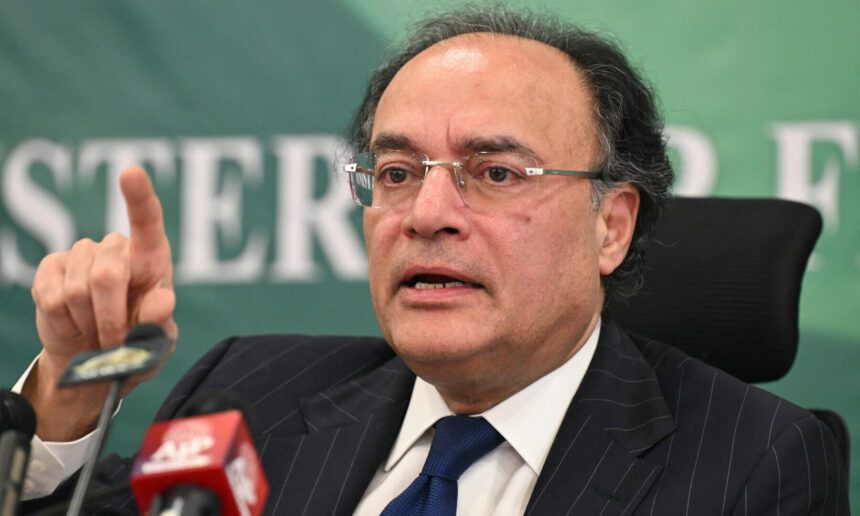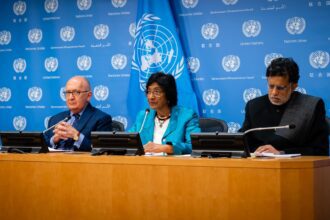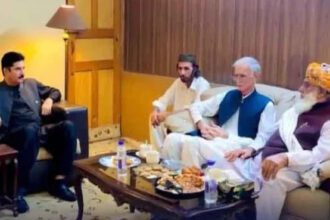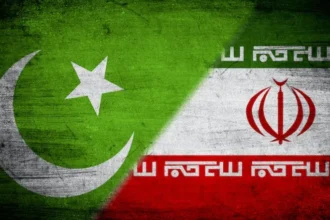Big Tariff Reform: Pakistan will remove customs duty on 4,000 out of 7,000 tariff lines, and will lower custom duty on another 2,700 tariff lines especially those relating to raw material and intermediate products utilized in exports under the new National Tariff Policy. Gradual Process: This forms the initial stage of a five year strategy to reduce the average tariff by more than 4 percentage points, and ultimately to rationalize tariffs to only four slabs (015 per cent) in line with regional standards . Increasing Competitiveness: The idea is to decrease the cost of inputs, increase the efficiency of industry and, more fundamentally, to shift Pakistan to an export-led growth phenomenon what Aurangzeb termed, the “East Asia moment of Pakistan” . Fiscal Trade‑Off: Although a decrease in tariffs will hurt the revenues in the short term, Aurangzeb emphasized that the long term increase in export will easily make up . Legislative Support: The reforms are associated with an IMF supported 7 bn reform programme and Aurangzeb has pointed out the necessity of enabling legislation to close the leakages – threatening that should parliament fail to act, the government would have to raise additional Rs 400500 bn in taxes . — Contextual Data Strategic Goals Economic Targets: The federal budget projects a 4.2 percent GDP growth, and a 3.9 percent fiscal deficit compared to 5.9 percent this year . Export Incentives: The reduction in tariffs is meant to increase growth in exports (this is already up to $48.3 billion in imports) . — ✅ Why It Matters Reduced Cost of Production: When imports are cheap to the exporters it translates to better profit margins and international competitiveness. Structural Shift: Reforming the high tariff regime to create a more foreign investment and integrated global supply chain attractive Pakistan may help to increase the foreign investment and the integrated global supply chain attractiveness of Pakistan. Fiscal Risks: The accomplishment depends on the growth to be reflected in increasing revenues, unless the government is to go into new taxes or increase its borrowing.














